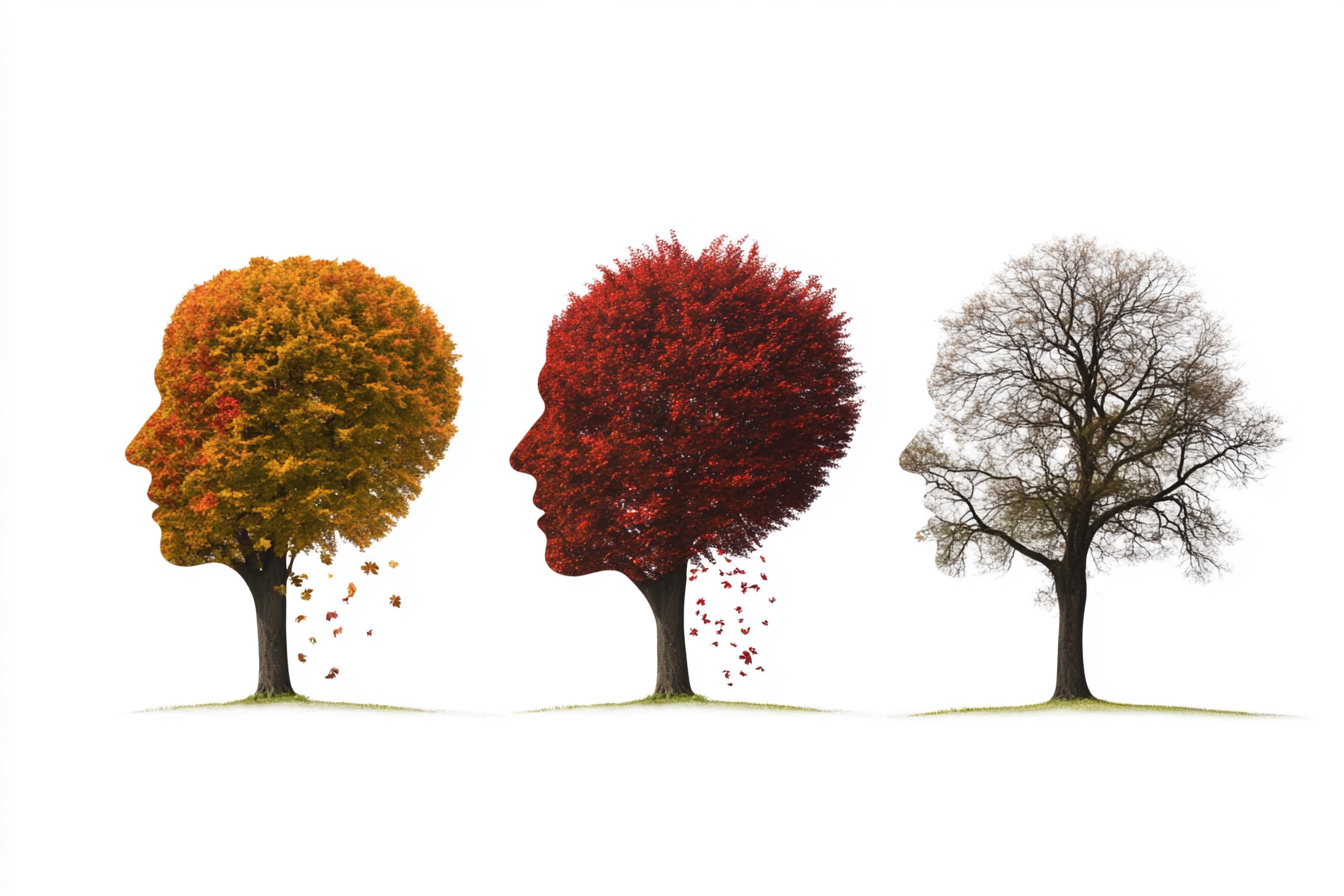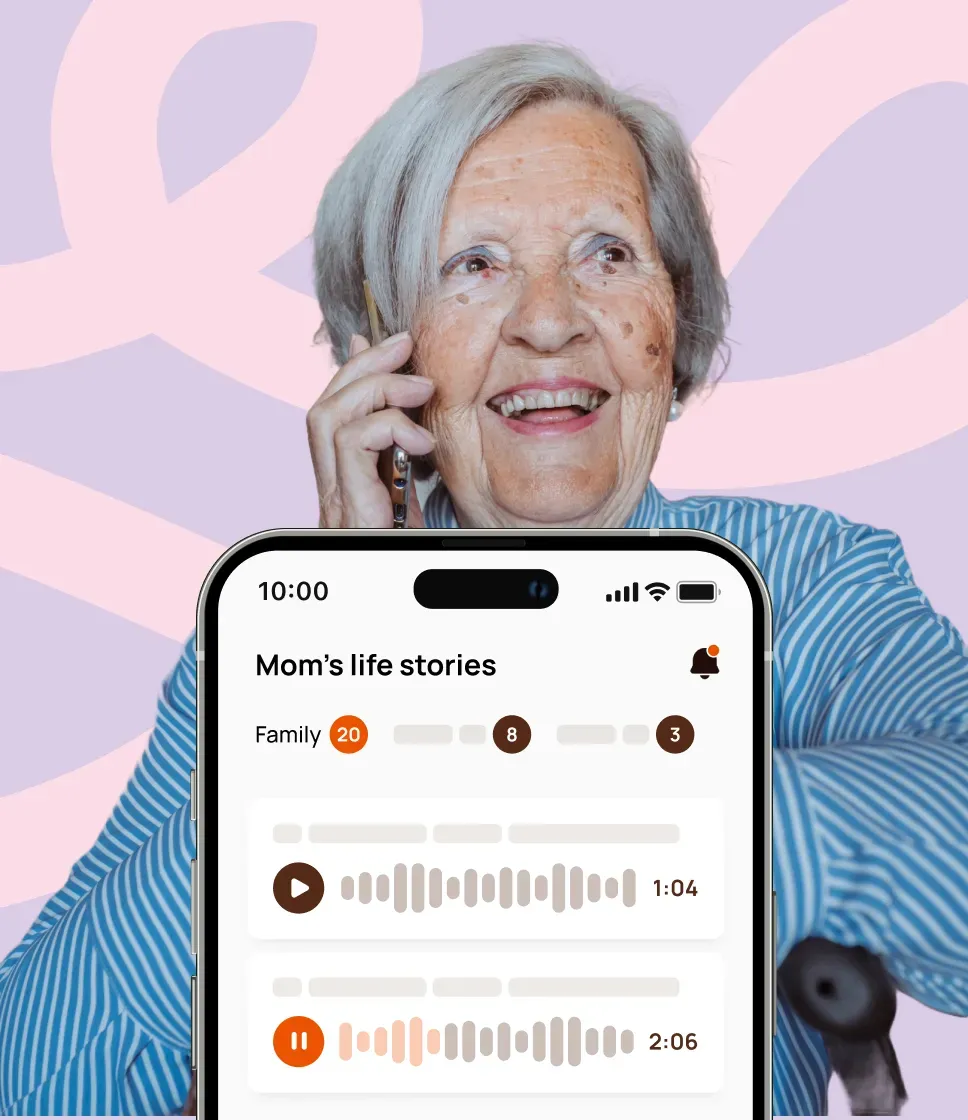From Challenges to Comfort: Palliative Care for Dementia Patients
Practical ways palliative care makes life more comfortable for dementia patients, addressing their physical and emotional needs with care.
Explore Alzheimer’s breakthroughs, caregiver challenges, and the importance of preserving dignity and memories. Aging expert Ki Siadatan sheds light on a future filled with hope and humanity.

Andrew Lekashman and aging care expert Ki Siadatan tackle the latest in Alzheimer’s and dementia care. From groundbreaking treatments to practical caregiving tips, they explore what’s changing in healthcare and how it impacts patients and families.
Topics include:
Ki also introduces his upcoming children’s book, Rosemary Rabbit, which helps young readers understand dementia with compassion.
Listen Now:
YouTube | Spotify | Apple Podcasts | iHeart | RSS
Alzheimer’s disease looms like a shadow, one that darkens the lives of millions. For all its gravity, it’s often misunderstood. Dementia is the wide net; Alzheimer’s is the specific catch. “Think of it like ‘food’ versus ‘cheeseburger,’” says aging care expert Ki Siadatan. “They’re linked, but not interchangeable.” This clarity matters. When the problem is better defined, so are the solutions.
There’s a shift happening. Two drugs—lecanemab and donanemab—offer the ability to slow Alzheimer’s progression. They don’t cure, but they do buy more time. Time for patients to hold onto memories and time for you and your family to prepare.
These breakthroughs didn’t come from one lab or one country. They’re the result of global collaboration. Organizations like the Alzheimer’s Disease Data Initiative (ADDI) make that possible, connecting researchers from Seattle to Seoul. “We’re sharing data faster and better than ever,” Ki explains. And with more hands and minds at work, progress is accelerating.

Behind the headlines, the real story often plays out at home. A spouse juggling medications and midnight wandering. A child managing appointments and bills.
For these caregivers, the stakes are high. “Over 80% see their health decline faster than the person they’re caring for,” Ki says. Stress, exhaustion, and isolation can take a toll no one prepares them for.
Programs like Medicare’s GUIDE aim to change that. In pilot phases, they provide financial support to unpaid caregivers. The hope is simple: ease the burden so they can do the work they’re already doing—only with fewer sleepless nights.

Not all progress looks like a lab result. Some of it sounds like a voice—preserved, unforgotten. Tools like Storii help seniors record their memories. It’s a phone call, familiar and easy. Questions prompt recollections, and the stories are saved for families.
My family used a microphone to record my grandfather’s memories. We followed a similar format to Storii, asking basic questions about earlier in life. My grandfather spoke of how he met his wife (my grandmother) and the town he grew up in. Months later, he passed. His stories didn’t. Those recordings became an anchor for our family, something to hold onto as the loss sank in.
Early detection is changing the way we understand Alzheimer’s. Blood tests and AI-powered analyses can identify the disease years before symptoms show.
That knowledge is power—but also weight. “Not everyone wants to know,” Ki admits. Some embrace the chance to plan, while others avoid the looming certainty. For families, too, it’s complicated. Privacy plays a major role. Rights that patients have to ignore diagnoses if they want to. What to tell and when to tell it. These questions hover over every scientific breakthrough, contributing to the complexity of managing Alzheimer's disease.
Alzheimer’s takes a lot, but it doesn’t take everything. Ki has a rule for families: “Don’t fixate on what’s lost. Focus on what’s still there.”. Alzheimer's disease isn't a death sentence, it is still very much possible to enjoy life and time with family.
An artist may no longer recall names, but she can still hold a brush. A grandfather might forget the day but still hum a favorite song. Families who find these moments, he argues, lighten their own load. They live in the present, not the past, and find joy in what time remains.
Ki’s work doesn’t end with science or caregivers. His upcoming children’s book, Rosemary Rabbit, tells the story of a young rabbit visiting her grandfather in memory care. It’s simple but quite deep. Through Rosemary’s eyes, kids learn that dementia doesn’t erase love.
The goal? “To spark understanding early,” Ki says. “Kids who grow up with compassion may become the caregivers, researchers, or advocates we need.” It’s about legacy—not just preserving it but passing it forward.
Alzheimer’s isn’t just a medical problem. It’s a societal challenge. Families, policymakers, and researchers are all part of the equation.
“We have to have the hard conversations,” Ki says. “Reduce the stigma. Improve the resources. Support the caregivers.” His optimism is grounded in reality: the breakthroughs aren’t theoretical; they’re here. The efforts aren’t isolated; they’re global. And the fight isn’t futile.
As more people join that fight, the shadow of Alzheimer’s may one day shrink. Until then, it’s the stories, the small victories, and the collective effort that light the way forward.